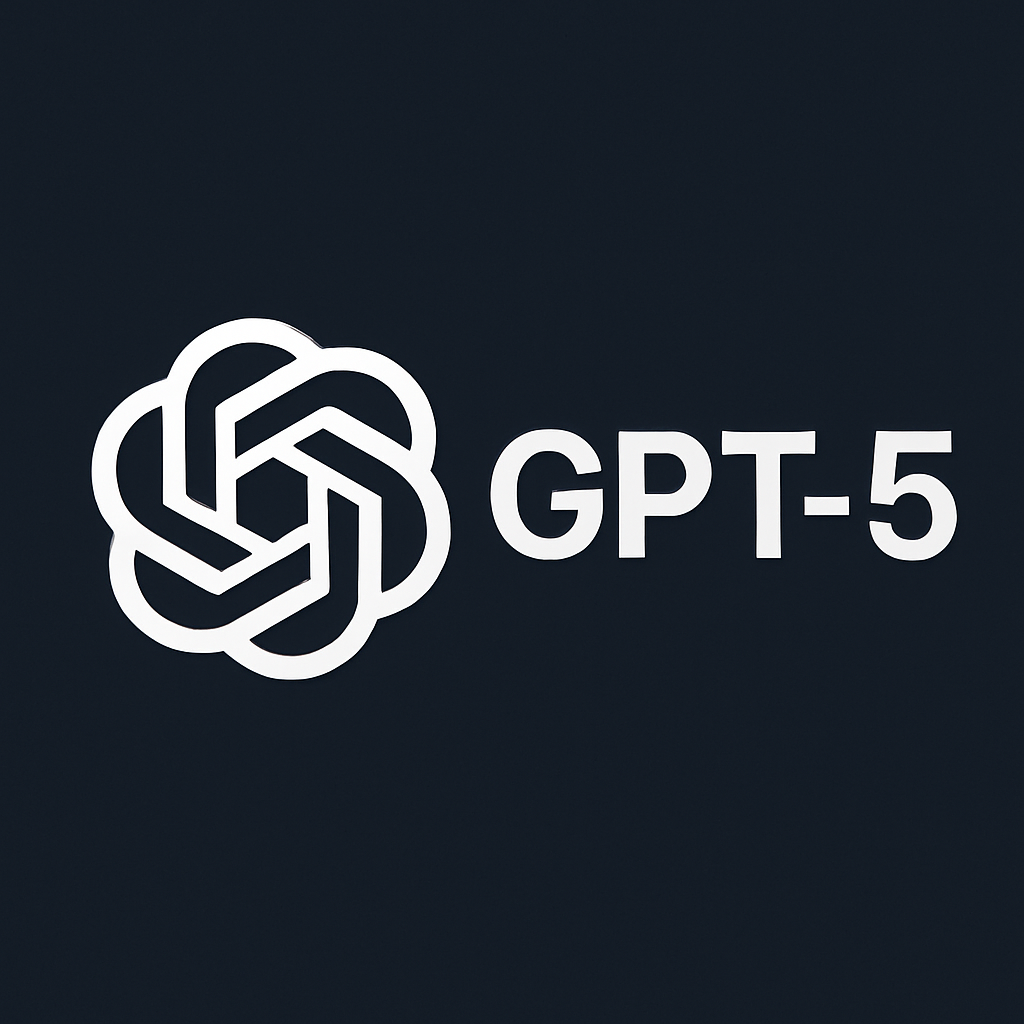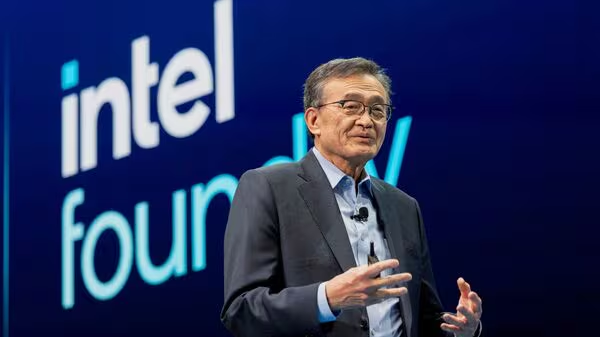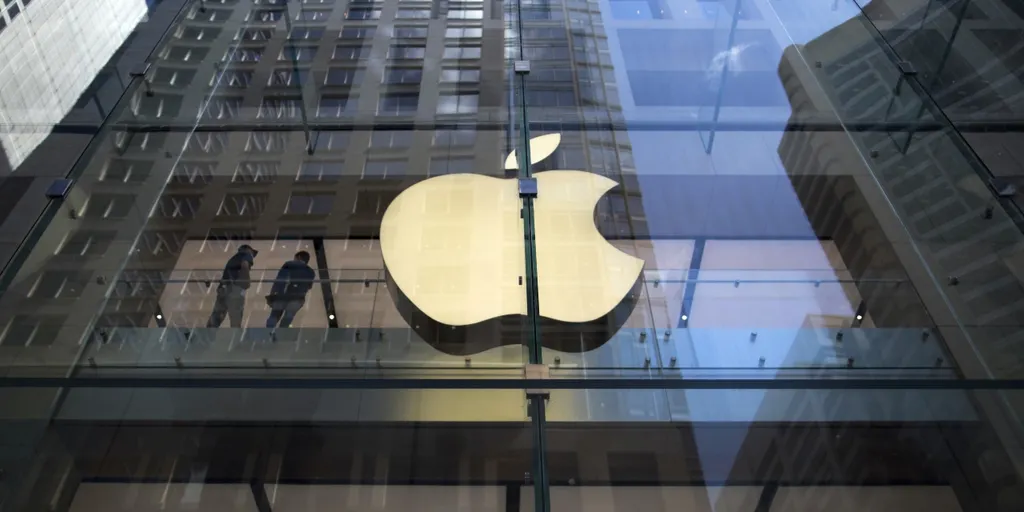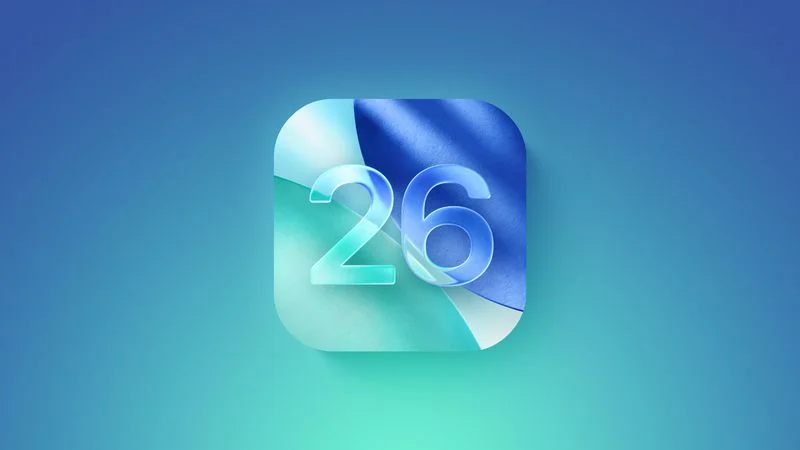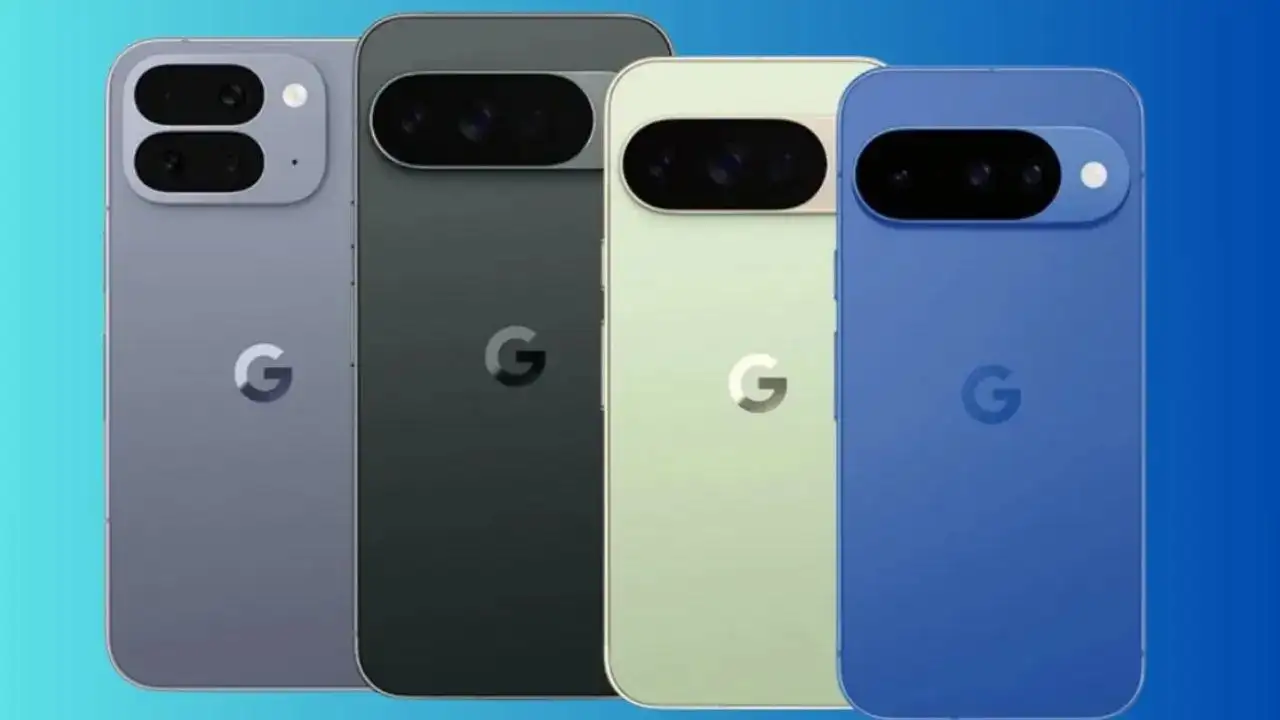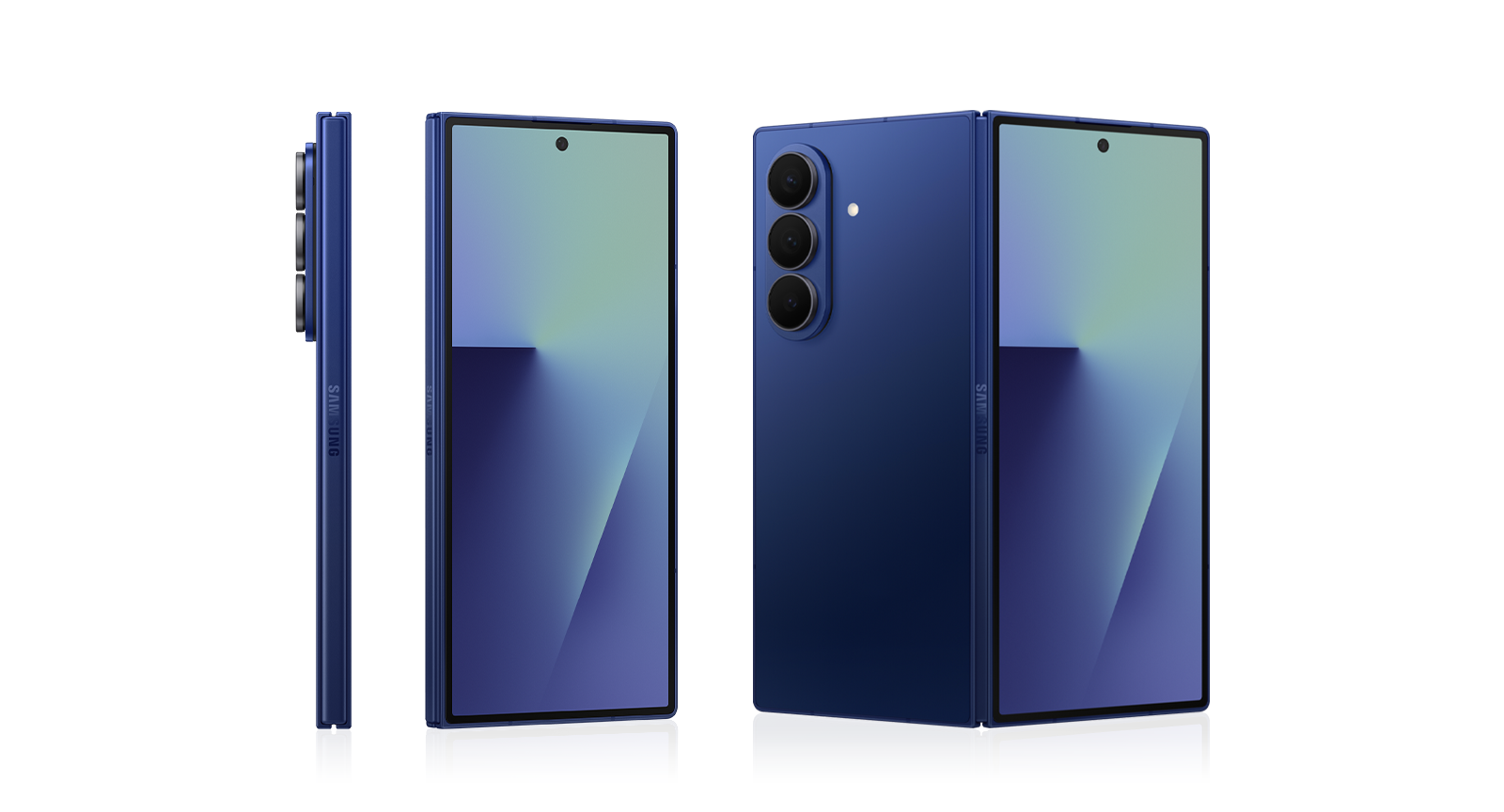Introduction
On August 7, 2025, OpenAI unveiled GPT-5, marking a significant milestone in the evolution of conversational AI. Integrated into ChatGPT, GPT-5 is described as OpenAI’s smartest, fastest, and most versatile model to date, designed to enhance user experience across various tasks, from casual conversations to complex problem-solving. This post delves into the features, improvements, accessibility, and implications of GPT-5, offering a comprehensive look at what makes this release a game-changer.
Key Features of GPT-5
Unified Model Architecture
Unlike its predecessors, which required users to toggle between specialized models like GPT-4o or o3 for different tasks, GPT-5 introduces a unified system. This “smart router” automatically determines whether a query needs a quick response or deeper reasoning, streamlining the user experience. For instance, a simple question like “What’s the weather like?” gets an immediate reply, while a complex task like debugging code triggers GPT-5’s “Thinking” mode for more thorough analysis.
Enhanced Reasoning Capabilities
GPT-5 excels in multi-step reasoning, making it ideal for tasks like coding, scientific queries, and data analysis. It can break down complex problems, follow detailed instructions, and provide step-by-step solutions. OpenAI’s testing shows GPT-5’s “Thinking” mode reduces factual errors by approximately 80% compared to the o3 model and 45% compared to GPT-4o on fact-seeking benchmarks like LongFact and FActScore.
Multimodal and Context-Aware Conversations
GPT-5 supports multimodal inputs, including text, images, and potentially audio, enabling richer interactions. For example, during a demo, OpenAI showcased GPT-5 creating a fully functional French-learning web app with flashcards and quizzes from a single prompt, complete with an engaging theme. The model’s expanded context window—reportedly up to 400,000 tokens—allows it to maintain coherence over long conversations, recalling user preferences and past interactions seamlessly.
Reduced Hallucinations and Improved Honesty
One of GPT-5’s standout improvements is its lower hallucination rate. When faced with impossible tasks or missing data, GPT-5 is designed to admit its limitations rather than fabricating answers. For instance, in a test where images were removed from a multimodal benchmark, GPT-5 correctly noted their absence 91% of the time, compared to o3’s 13.3%. This honesty extends to safer responses, with “safe completions” providing helpful answers within safety constraints for dual-use queries, such as those in biology or chemistry.
Advanced Coding Capabilities
GPT-5 is OpenAI’s strongest coding model yet, capable of generating responsive websites, apps, and games with a focus on aesthetics like spacing and typography. It supports “vibe coding,” where users describe a general idea, and GPT-5 produces functional code rapidly. For example, it created two distinct French-learning apps from the same prompt in seconds, allowing users to iterate quickly.
Personalization and Customization
Users can tailor GPT-5’s tone with four preset personalities—Cynic, Robot, Listener, and Nerd—accessible via ChatGPT’s settings. Additionally, integration with tools like Google Drive, Gmail, and calendars (for Pro users) enables personalized responses based on user data. This makes GPT-5 feel more like a proactive thought partner, asking follow-up questions to refine its answers.
Improved Voice Mode
GPT-5’s Advanced Voice Mode, now available to all users, offers smoother, more natural dialogue. Users can adjust the tone to be faster or more conversational, making voice interactions feel less like dictation and more like a real conversation.
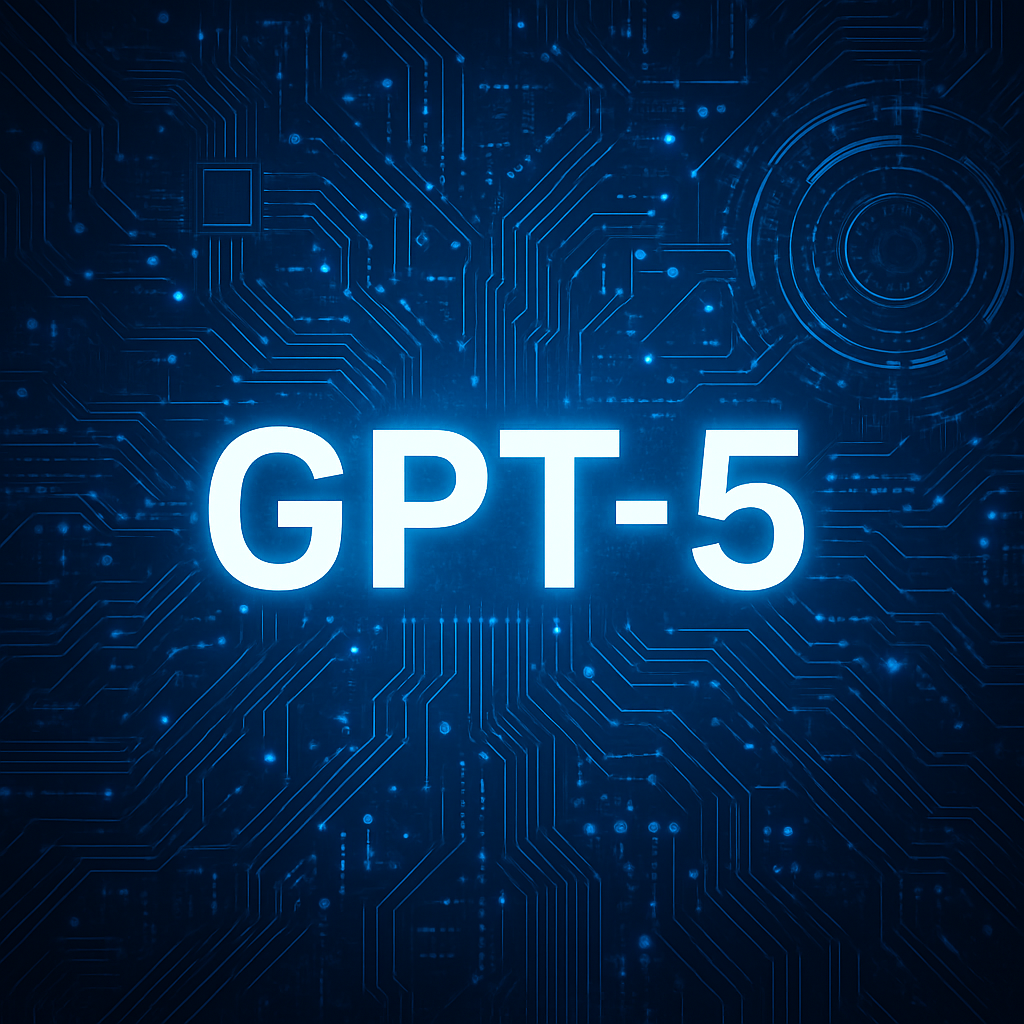
Accessibility and Tiers
GPT-5 is available to all ChatGPT users, with tiered access based on subscription plans:
- Free Tier: Limited to 10 messages every 5 hours, switching to GPT-5-mini after the cap, with one GPT-5 Thinking message per day.
- Plus Tier: Up to 80 messages every 3 hours and 200 GPT-5 Thinking messages per week.
- Pro and Team Tiers: Unlimited access to GPT-5 and GPT-5 Pro, a research-grade model for complex tasks, with higher accuracy on benchmarks like GPQA.
- Enterprise and Edu Tiers: Rollout begins a week after the initial launch on August 7, 2025.
The model is also accessible via OpenAI’s API, with variants like gpt-5, gpt-5-mini, gpt-5-nano, and gpt-5-chat tailored for different use cases, from low-latency applications to enterprise-grade conversations.
Safety and Ethical Considerations
OpenAI conducted over 5,000 hours of red-teaming and external evaluations to ensure GPT-5’s safety, particularly for sensitive topics like biology and chemistry. The “safe completions” approach allows GPT-5 to provide useful responses to potentially risky queries without enabling harm. Additionally, the model reduces sycophantic responses by over 50%, ensuring it doesn’t just agree to please users.
Impact and Implications
For Everyday Users
GPT-5’s intuitive interface and automatic model-switching make it accessible to non-technical users. Its ability to handle tasks like writing, coding, and health-related queries with greater accuracy and personalization enhances productivity and creativity. For instance, it can assist with drafting compelling stories, debugging code, or understanding medical results while emphasizing it’s not a substitute for professional advice.
For Developers and Businesses
The API’s multiple variants and improved coding capabilities make GPT-5 a powerful tool for developers. Businesses can leverage gpt-5-chat for context-aware, multimodal enterprise applications, while gpt-5-nano offers cost-effective, low-latency solutions. The model’s integration with Microsoft products like Copilot and Azure AI Foundry further expands its reach.
For the AI Landscape
GPT-5’s release intensifies competition with models like Google’s Gemini, Anthropic’s Claude, and Meta’s LLaMA. Its unified design and focus on reasoning set a new benchmark, potentially pushing competitors to accelerate their own advancements. However, concerns about ethics, misinformation, and the societal impact of such powerful AI persist, requiring ongoing vigilance.
Conclusion
GPT-5 represents a bold step toward more human-like AI, blending advanced reasoning, multimodal capabilities, and user-friendly design. Its rollout to all ChatGPT users, from free to enterprise tiers, democratizes access to cutting-edge AI, while its safety measures and reduced hallucinations address critical concerns. Whether you’re a casual user, developer, or business, GPT-5 offers tools to enhance creativity, productivity, and innovation. To explore GPT-5, visit ChatGPT or check OpenAI’s API documentation at x.ai/api.
Sources: Information compiled from OpenAI’s official announcements, news articles, and posts on X, including OpenAI’s blog, CNBC, WIRED, and India Today,

